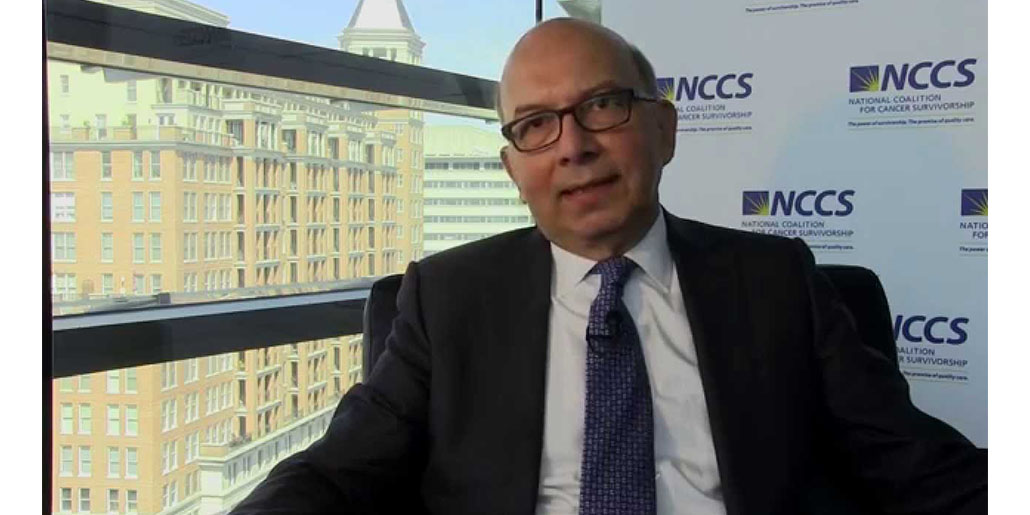
Video Post: Dr. Fred Smith Discusses Payment Systems in Cancer Care
Earlier this year, Dr. Fred Smith participated in a National Coalition for Cancer Survivorship Cancer Policy Roundtable panel addressing the question of whether new cancer care payment systems foster the delivery of the right treatment at the right time. VIDEO TRANSCRIPT: I'm Fred Smith, I'm a practicing medical oncologist in ...
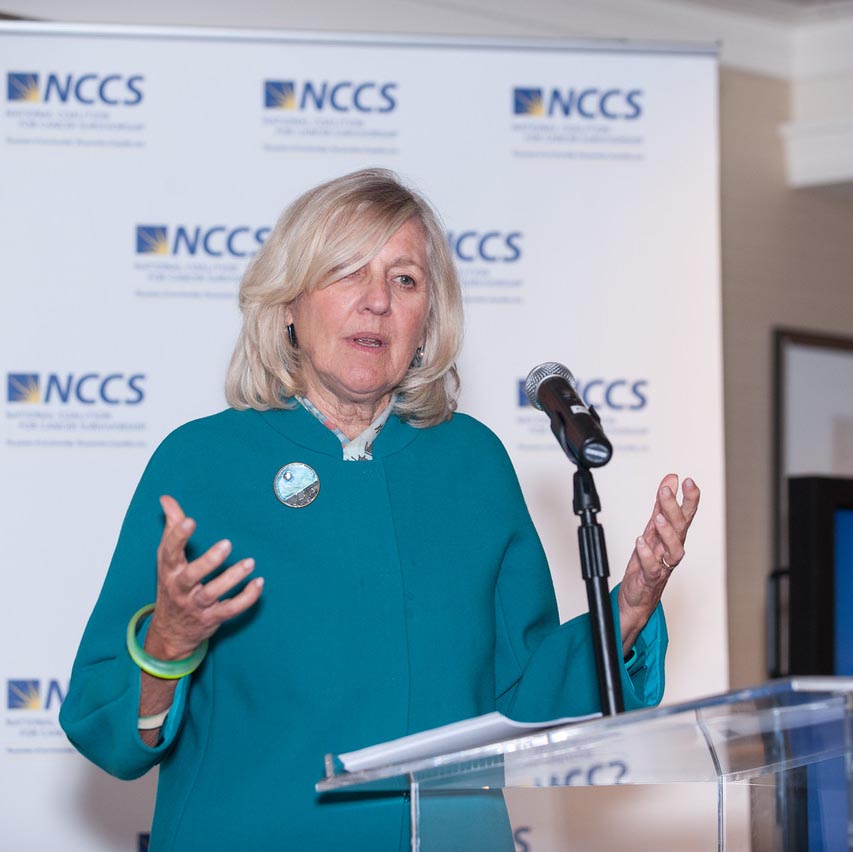
Celebrating the 2015 NCCS Focus on the Care Honorees in Pictures and Video
Last week we celebrated two individuals how have made cancer care better for survivors and their families—Dr. Richard Pazdur and Ellen Goodman. We were joined by survivors, advocates, researchers, innovators, and friends at our 2015 Focus on the Care reception in Washington, DC on Wednesday, October 21, 2015. In addition ...
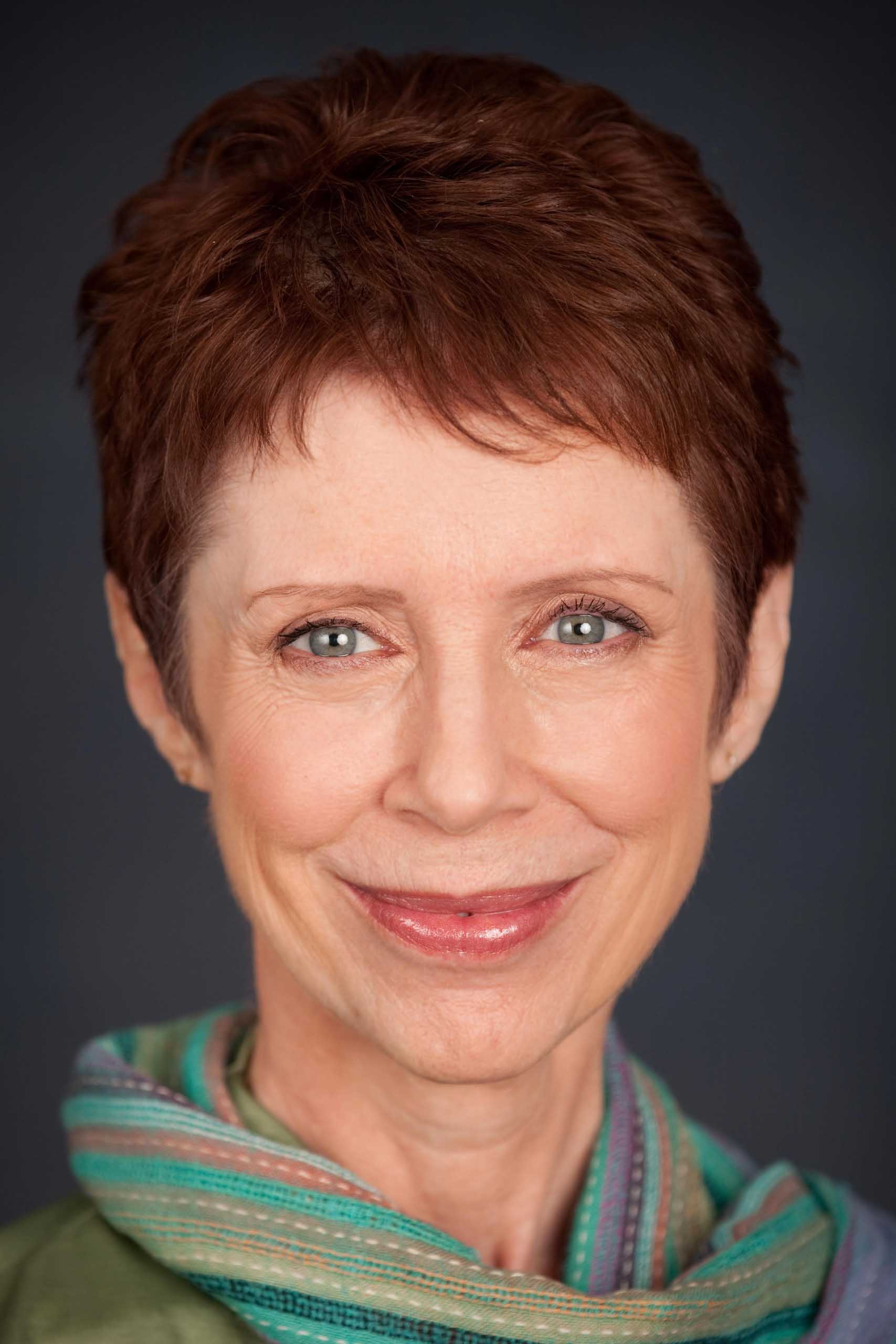
Video Post: A Special Celebration of the Life and Advocacy of Jessie Gruman, the Founder of the Center for Advancing Health
For more than twenty years, the National Coalition for Cancer Survivorship (NCCS) had the privilege of adapting our friend and colleague, Jessie Gruman’s important work into the development of the cancer policy work that we engage in. Jessie’s vision of patient engagement was always ahead of its time, and her ...
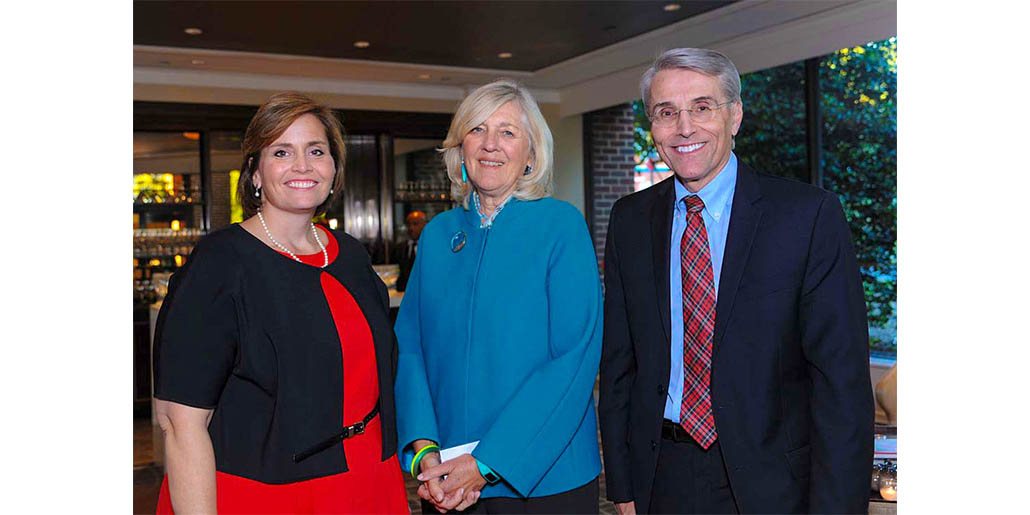
NCCS Celebrates “Focus on the Care” Reception in Honor of Dr. Richard Pazdur and Ellen Goodman
Last night survivors, advocates, researchers, innovators, and friends gathered at our 2015 Focus on the Care reception in celebration of two honorees who have used their unique talents to help the millions of people affected by cancer. We are grateful for all who attended to show their support for Dr ...

Video Post: Dr. Keith Flaherty Discusses Genetics of Cancer, Targeted Therapies, and Clinical Trials
Dr. Keith T. Flaherty gave the keynote talk at our 2015 Spring Cancer Policy Roundtable where he addressed the issues of the genetics of cancer and personalization in cancer treatment. Dr. Flaherty later joined us to further discuss these topics and the need for understanding the biologic basis of an ...
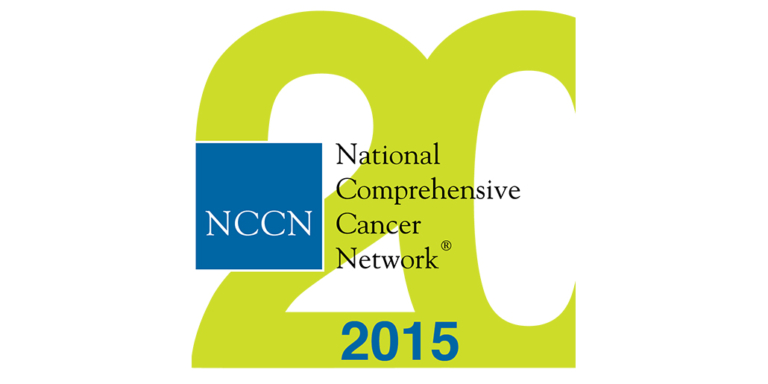
Video Post: Dr. Bob Carlson and Joan McClure Discuss the National Comprehensive Cancer Network Guidelines
The National Comprehensive Cancer Network (NCCN) is a non-profit organization, created by an alliance of 26 leading cancer centers in the United States. At the National Coalition for Cancer Survivorship's 2015 Spring Cancer Policy Roundtable, Dr. Bob Carlson and Joan McClure of NCCN sat down with us to talk about ...
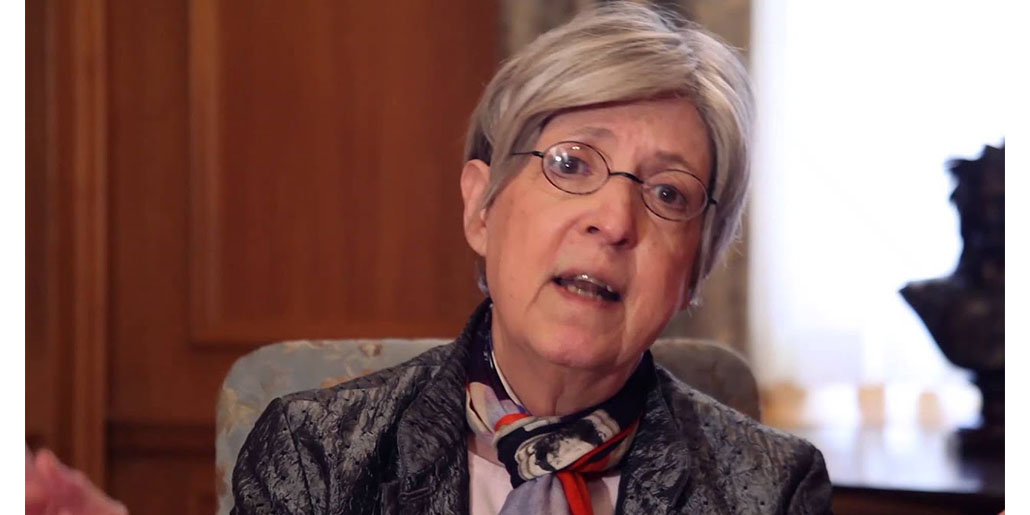
Video Post: Author Susan Gubar Talks About Palliative Care and Living Well with Cancer
The terms “palliative care,” “hospice,” and “end-of-life care” are often used interchangeably, but they are not the same. Palliative care includes symptom management and other supportive care that can be provided throughout cancer treatment, whether a cure for the illness is or is not expected. Patients should expect palliative care ...

Video Post: Advocate Marlene King Discusses Communicating End-of-Life Preferences and Quality of Life
In 2008, Marlene King was diagnosed with ductal carcinoma. After treatment, the cancer seemed to be in remission, however in December 2011 the cancer returned in the same breast. She opted for a double mastectomy with expanders and implants. In late July 2012, she learned that her cancer had metastasized ...
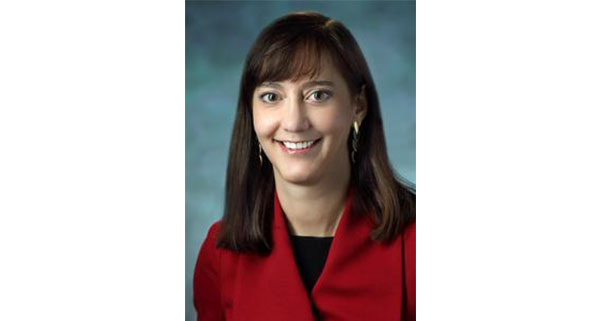
Video Post: Dr. Claire Snyder Discusses How Patient-Reported Outcomes Can Improve Cancer Care
In March 2015, Dr. Claire Snyder participated in a panel discussion at the Cancer Policy Roundtable hosted by the National Coalition for Cancer Survivorship. The panel featured perspectives on how cancer patients and oncology professionals can work together to improve care planning and patient outcomes. Following the panel, Dr. Snyder ...

Guest Post: Oncologist and Cancer Survivor Greg Aune Talks Multi-Disciplinary Care
The seventh principle in the Imperatives for Quality Cancer Care states, “Long-term survivors should have access to specialized follow-up clinics that focus on health promotion, disease prevention, rehabilitation, and identification of physiologic and psychological problems. Communication with the primary care physician must be maintained.” Providing his perspective on the state ...

